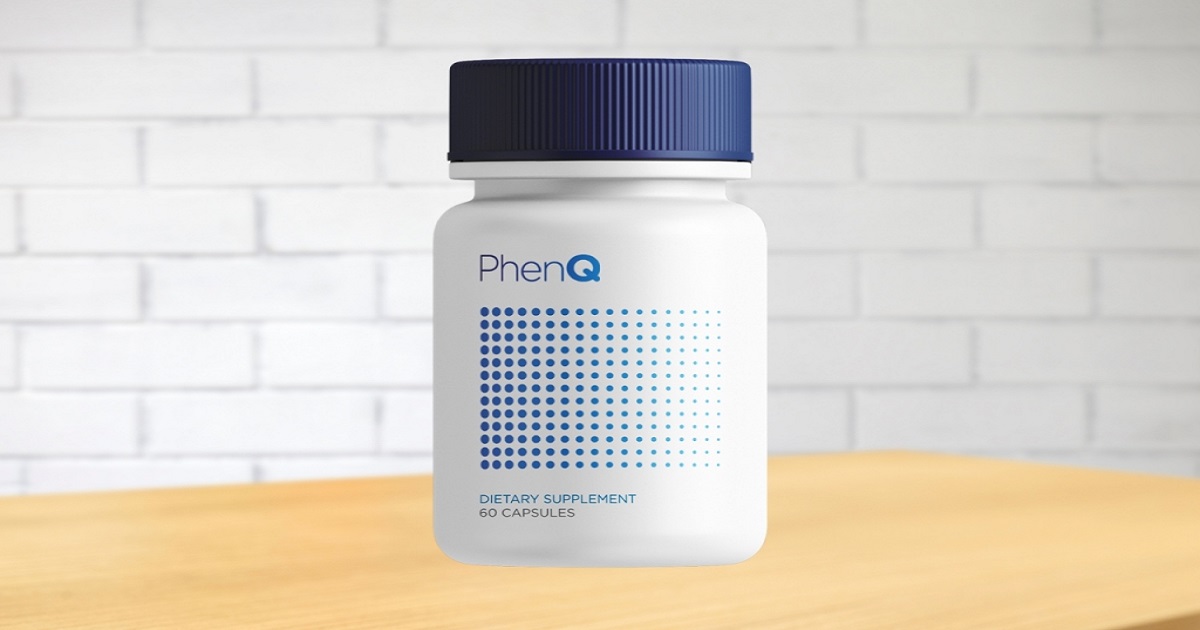In the quest for weight loss, many individuals turn to supplements like PhenQ to aid their efforts. However, along with its benefits, it’s crucial to understand the potential side effects associated with this popular dietary supplement. In this comprehensive guide, we’ll delve into the world of PhenQ side effects, exploring what they are, how common they are, and how to mitigate any risks associated with them.
Understanding PhenQ: A Brief Overview
Before we explore its side effects, let’s briefly understand what PhenQ is. PhenQ is a dietary supplement marketed as a weight loss aid. It contains a blend of ingredients purported to boost metabolism, suppress appetite, and enhance fat burning. Some of the key ingredients include capsicum extract, caffeine, nopal, and chromium picolinate.
How PhenQ Works
PhenQ works through several mechanisms:
- Metabolism Boost: Ingredients like capsicum extract and caffeine may help increase metabolic rate, leading to more calories burned throughout the day.
- Appetite Suppression: Components like nopal and chromium picolinate are believed to help curb cravings and reduce overall calorie intake.
- Fat Blocking: Some ingredients may inhibit the absorption of dietary fats, potentially leading to reduced fat accumulation in the body.
Now that we have a basic understanding of PhenQ, let’s delve into its potential side effects.
Potential Side Effects of PhenQ
While PhenQ is generally well-tolerated by most users, some individuals may experience side effects. It’s essential to be aware of these potential risks before starting any new supplement regimen. Common side effects of PhenQ may include:
1. Gastrointestinal Issues
Some users may experience digestive discomfort, including nausea, diarrhea, or stomach cramps, especially when starting PhenQ or taking it on an empty stomach.
2. Insomnia
Due to its caffeine content, PhenQ may interfere with sleep patterns, leading to difficulty falling asleep or staying asleep, particularly if taken late in the day.
3. Jitters and Restlessness
The stimulant properties of PhenQ, such as caffeine, may cause feelings of jitteriness, nervousness, or restlessness in sensitive individuals.
4. Increased Heart Rate and Blood Pressure
In some cases, PhenQ may lead to elevated heart rate and blood pressure, especially in individuals with pre-existing cardiovascular conditions or those sensitive to stimulants.
5. Allergic Reactions
Rarely, individuals may experience allergic reactions to certain ingredients in PhenQ, manifesting as skin rashes, itching, or swelling.
Mitigating Risks and Ensuring Safety
While the above side effects are possible, they are not experienced by everyone. To minimize the likelihood of adverse reactions, consider the following tips:
- Start Slowly: Begin with a lower dose of PhenQ to assess your tolerance before increasing to the recommended dosage.
- Stay Hydrated: Drink plenty of water throughout the day to stay hydrated, especially if experiencing gastrointestinal discomfort.
- Avoid Late-Night Dosages: To prevent sleep disturbances, avoid taking PhenQ in the evening or close to bedtime.
- Monitor Vital Signs: If you have underlying health conditions, consult with a healthcare professional before using PhenQ and monitor your heart rate and blood pressure regularly.
Conclusion
While PhenQ can be an effective tool for weight loss, it’s essential to be aware of potential side effects and take precautions to ensure safety. By understanding how PhenQ works and being mindful of your body’s response, you can maximize its benefits while minimizing any risks.
FAQs (Frequently Asked Questions)
1. Is PhenQ safe for everyone?
While PhenQ is generally safe for most individuals, it may not be suitable for those with certain medical conditions or sensitivities to stimulants. Consult with a healthcare professional before starting any new supplement regimen.
2. How long does it take to see results with PhenQ?
Results with PhenQ may vary from person to person. While some users may notice changes within a few weeks, others may take longer to experience significant weight loss. Consistency with dosage and lifestyle factors like diet and exercise can impact results.
3. Can I take PhenQ with other medications?
If you are currently taking prescription medications or have underlying health conditions, it’s essential to consult with a healthcare professional before using PhenQ to avoid potential interactions or adverse effects.
4. Are there any long-term risks associated with PhenQ?
Long-term safety data on PhenQ is limited. While it is generally well-tolerated for short-term use, prolonged use may pose unknown risks. It’s advisable to use PhenQ as directed and monitor for any adverse effects over time.
5. How can I maximize the benefits of PhenQ?
To optimize the effects of PhenQ, combine it with a balanced diet and regular exercise routine. Additionally, prioritize adequate hydration and sufficient sleep to support overall health and wellness.





















